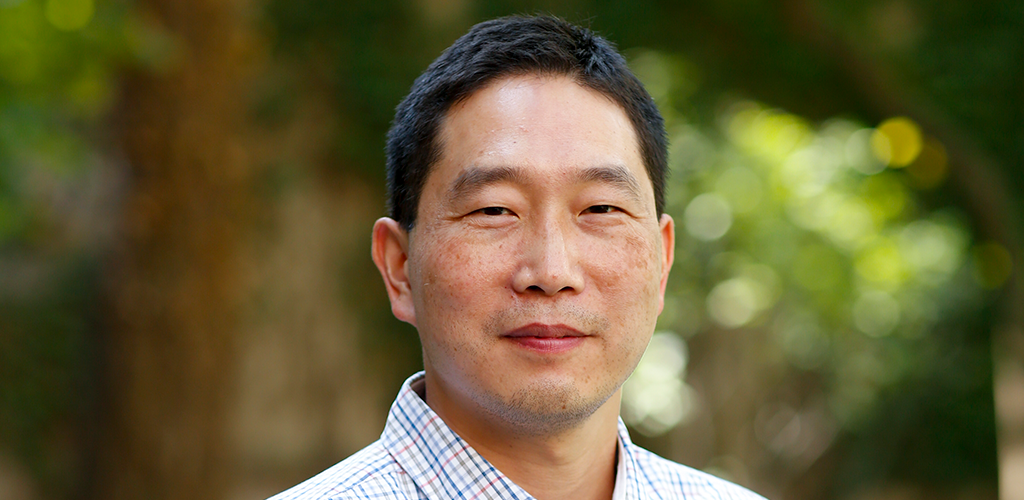A Northwestern Perspective: Criminal Law
The research and teaching of criminal law scholars at Northwestern University Pritzker School of Law covers a wide range of academic disciplines, from social psychology to economics, along with ...
03.01.2022
Scholarship Faculty Students
In December, the Presidential Commission of the Supreme Court of the United States—established by President Joe Biden—voted unanimously to submit its report on the role and operation of the Supreme Court in the constitutional system. Michael Kang, William G. and Virginia K. Karnes Research Professor of Law, was a member of the Commission and was assisted by several Northwestern Pritzker School of Law students during his eight-month tenure.
On April 9, 2021, President Biden issued Executive Order 14023 establishing the Commission, to which he appointed individuals who had experience with and knowledge of the Federal judiciary and the Supreme Court of the United States. Kang, a nationally recognized expert on campaign finance, voting rights, redistricting, judicial elections, and corporate governance, was one of 34 academics, attorneys, former judges, and legal professionals on the commission.
The report addressed three questions: What is the current commentary and debate on the role and operation of the Supreme Court and how the President nominates and appoints? What were the other points in history where the Supreme Court was subjected to critical assessment? What are the principal arguments for and against particular proposals to reform the Court? To answer those questions, the report covered topics including the pros and cons of expanding the Supreme Court, establishing non-renewable term limits, reducing the power of the Court in general, and addressing how to Court makes it decisions. Ultimately, the report states that Congress does have the power to enlarge the court—though there was “profound disagreement” on whether it should do so—and that the Commission found “considerable, bipartisan support” for implementing non-renewable 18-year term limits for justices.
“It was a phenomenal honor to serve on the President’s Commission and work with such an amazing group of lawyers and scholars,” Kang says. “We were restricted from making formal recommendations, but every commissioner worked astoundingly hard to produce the most thoughtful, even-handed analysis of the central questions that we could. We had to confront the difficult politics surrounding today’s Court, and while we didn’t pretend to solve the problems that some see, nor always agree on what should be done, I’m proud of the work we did and the honest, serious way that we did it.”
Kang brought in Emma Hlavin (JD ‘23), Sierra Anderson (JD ‘23), and Jordan Krieger (JD ’23) as research assistants on the project. “What was interesting to me was just how nuanced the issues were,” Anderson says. “This is such a new and interesting topic…there’s a lot you can draw on and lots of previous research you can pull from, and we had to dig deep. But that’s what made it so engaging and exciting.” She notes that the experience made the idea of working in the political space more accessible. “Working in in election law, and reaching the level that someone like Professor Kang [is at], an expert in that area, feels more realistic to me now. If I work really hard and do all these things, I will be able to get there. Politics often feel far out and [this experience] made it more obtainable.”
All of the research assistants are recognized in the report’s acknowledgments section. Hlavin notes that the experience gave her a sense of purpose. “It is cool to feel like you are a part of something bigger,” she says. “To have my name associated with leaders in this field is an incredible opportunity that I’m really grateful for.”
To read the full report, click here.
The research and teaching of criminal law scholars at Northwestern University Pritzker School of Law covers a wide range of academic disciplines, from social psychology to economics, along with ...
Northwestern Pritzker School of Law is home to an incredible group of faculty members working at the intersections of law and many other disciplines. Their research and scholarship has helped ...
Northwestern Pritzker School of Law is home to an incredible group of faculty members working at the intersections of law and many other disciplines. Their research and scholarship has helped ...